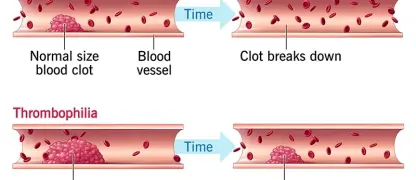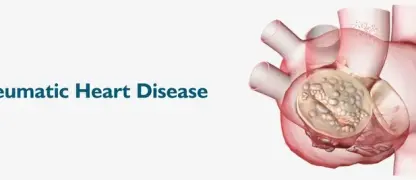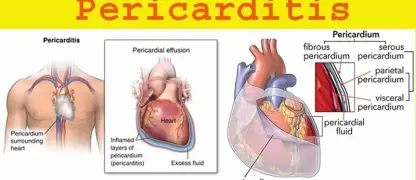The health of your arteries is crucial to your overall well-being. Don't let silent plaque buildup compromise your future. Understanding what is atherosclerosis is the first step toward preventing serious cardiovascular events like heart attacks and strokes.
What are the main causes of atherosclerosis?
- The primary causes of atherosclerosis include high cholesterol, high blood pressure, smoking, and inflammation, which damage the inner arterial walls.
- This damage allows for plaque buildup in arteries, a substance made of cholesterol, fats, and other cellular waste that hardens over time.
- While related, arteriosclerosis vs atherosclerosis differs; atherosclerosis is a specific type of arteriosclerosis (hardening of arteries) caused by this plaque.
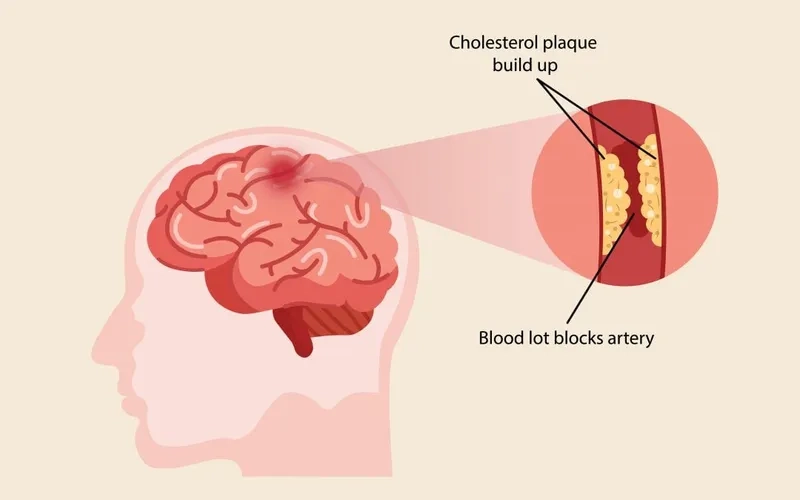
Key symptoms of atherosclerosis to watch for
- Often, there are no atherosclerosis symptoms until an artery is so narrow or clogged that it cannot supply adequate blood to your organs.
- Key signs of clogged arteries can include chest pain (angina), shortness of breath, or sudden numbness or weakness in your limbs.
- Depending on the location, it can cause conditions like carotid artery stenosis, leading to symptoms such as sudden trouble speaking or dizziness.
How can you manage atherosclerosis effectively?
- Effective atherosclerosis treatment involves lifestyle changes, medications to lower cholesterol and blood pressure, and sometimes procedures to clear arteries.
- Adopting a heart-healthy atherosclerosis diet, rich in fruits, vegetables, and whole grains while low in saturated fats, is critically important.
- To the question can atherosclerosis be reversed, aggressive lifestyle changes and medication can help stop or even shrink plaque deposits over time.
>>> Read more here: Peripheral artery disease – symptoms and treatment
Image of plaque buildup in arteries

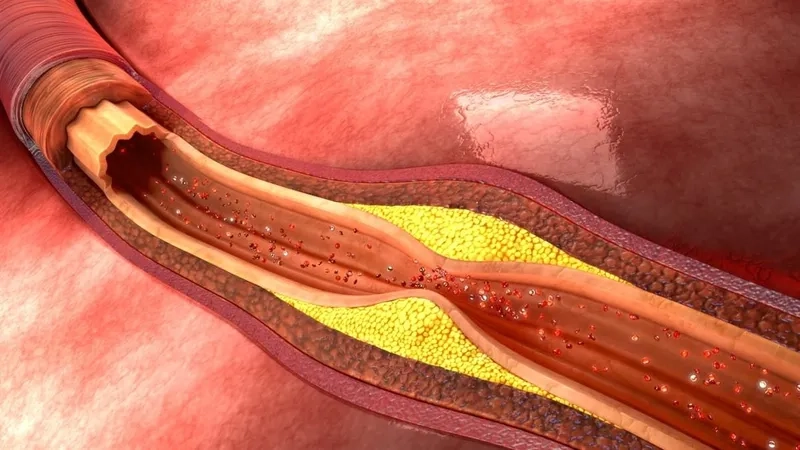
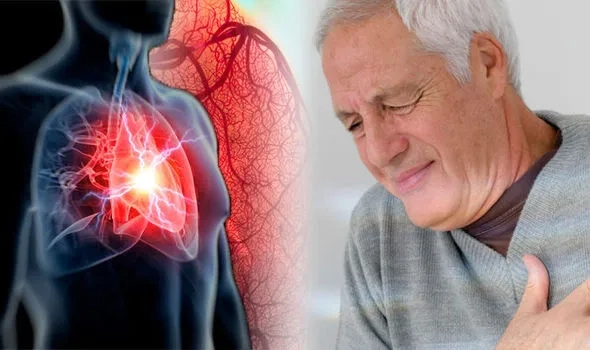
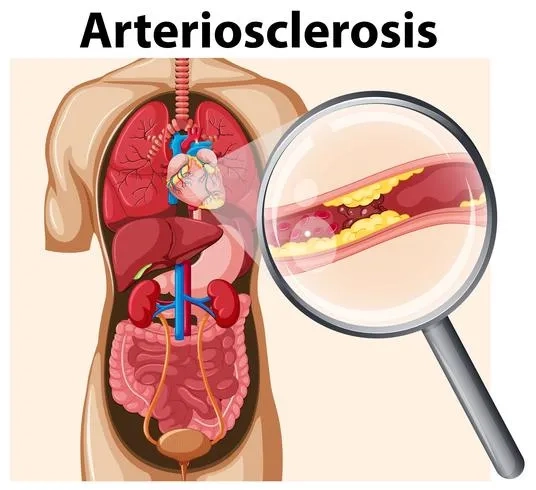
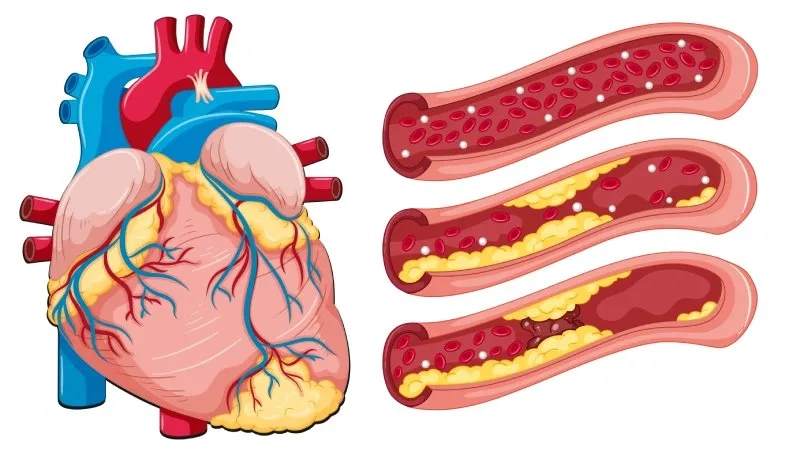
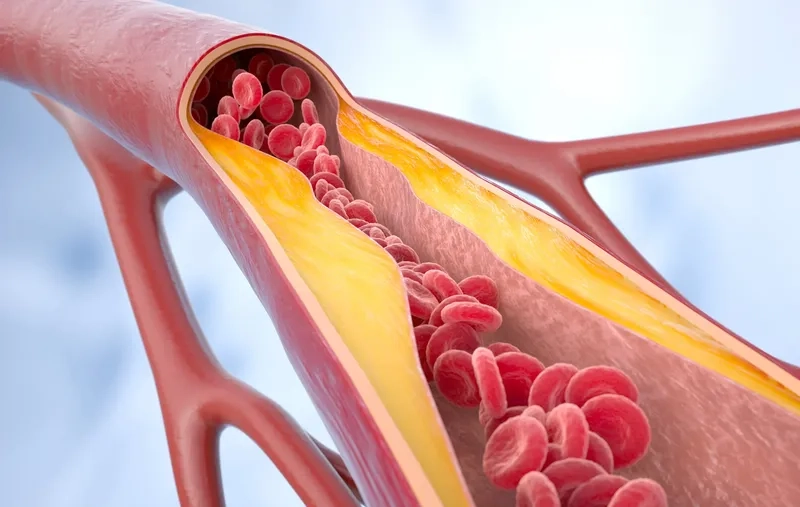
>>> Learn now: Arrhythmia – types, causes and treatment options
Protecting your arteries is a lifelong commitment. Early detection and proactive management are key. Consult your doctor to assess your risk and create a personalized plan for your cardiovascular health.
>>> See more: Atrial fibrillation – symptoms, risks and care



